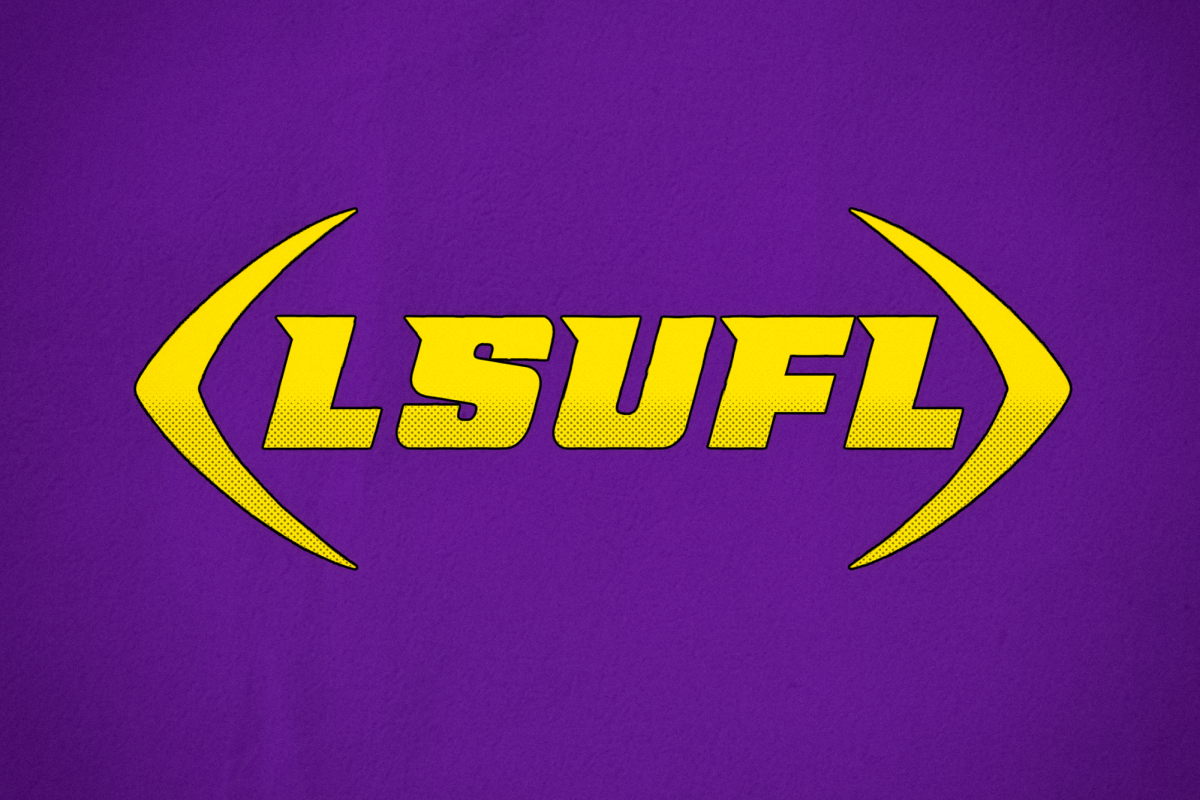CORAL GABLES, Fla. — Miami is not going to a bowl this season, self-imposing a ban that school officials say was “necessary” in response to an ongoing NCAA investigation into the university’s compliance practices.
Players were informed Sunday that Friday’s game against Boston College will be the last this season, even though the Hurricanes have enough wins to qualify for a postseason appearance. By self-imposing a ban, Miami is trying to lessen the impact of whatever sanctions the NCAA hands down once its investigation ends.
“I’m clearly disappointed,” said Miami coach Al Golden, who university officials said was not involved in the choice to go forward with the ban. “I believe it’s the right decision and I’m 100 percent behind the decision. … We’re one step closer to putting these issues behind counsel.” The NCAA and the Atlantic Coast Conference were informed.
“It is a necessary step for our university,” read Miami’s statement.
Miami is not self-imposing any other penalties, including a reduction in scholarships, at this time. Golden said he is not “privy to” any information that Shalala and Eichorst used during the process of trying to decide whether or not going to a bowl would be a wise move.
“Based on what I know, which is very little, I’m very positive about the direction we’re going in,” Golden said.
When players were told of the decision, they took the news rather hard, Golden said. Miami became bowl eligible on Saturday, beating South Florida 6-3 for its sixth win of the season, and afterward players like quarterback Jacory Harris and center Tyler Horn both spoke about how excited they were to have a chance to reach a bowl.
“I’m a senior and that extends my season 30 days more. It’s a sigh of relief,” Horn said Saturday.
A day later, that relief was gone.
Miami still may receive a bowl payout from the ACC, which pools revenue from postseason games and distributes to all 12 conference members whether they play in a bowl or not. The ACC has eight bowl contracts it hopes to fill, and Miami almost certainly would have been one of the league’s postseason teams.
The university was first rocked in August by allegations made by former booster Nevin Shapiro, who told Yahoo Sports that he gave 72 Miami football players and recruits so-called “extra benefits” like money, cars, yacht rides, nightclub and strip-club access and even prostitutes from 2002 through 2010. Earlier this season, 12 Miami players were sanctioned by the NCAA for dealings with Shapiro, with penalties ranging from small restitution in four cases, a one-game ban for five others and bans of four to six games for three more.
Golden said Sunday that the NCAA moving so swiftly to reinstate the eligibility of those players — plus one other, who was not sanctioned in any way — back in August was a good sign that “we are headed in a positive
NCAA: Miami self-imposes ban, won’t play in bowl game
November 20, 2011





